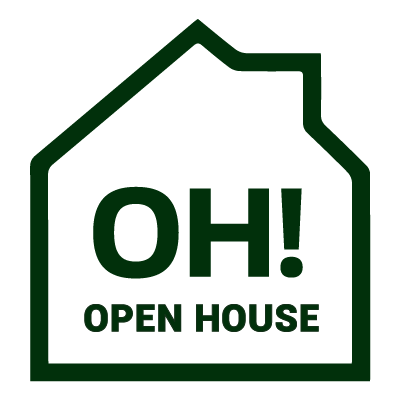Associate Artist Programme
(2022/23 Cycle)
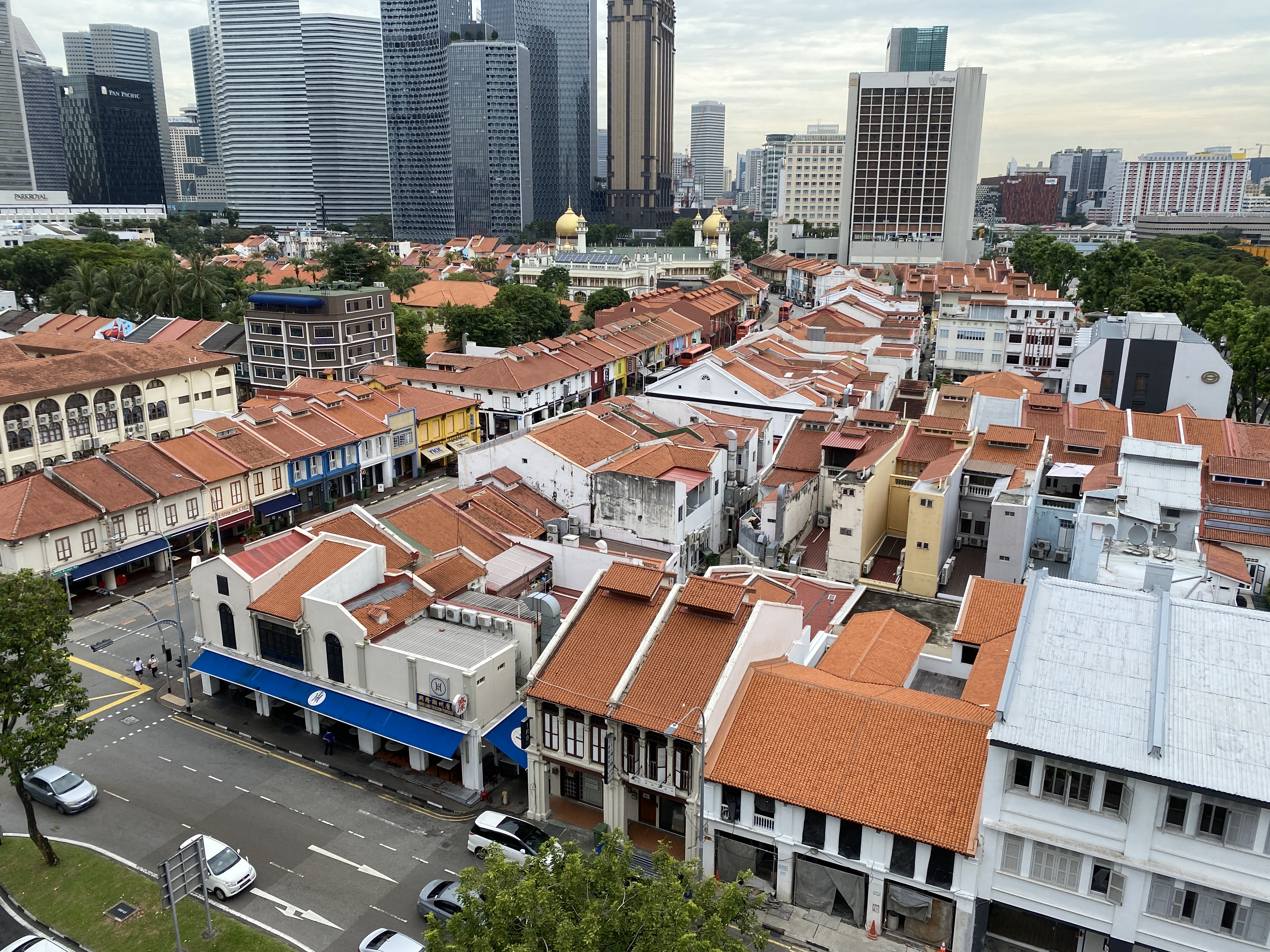
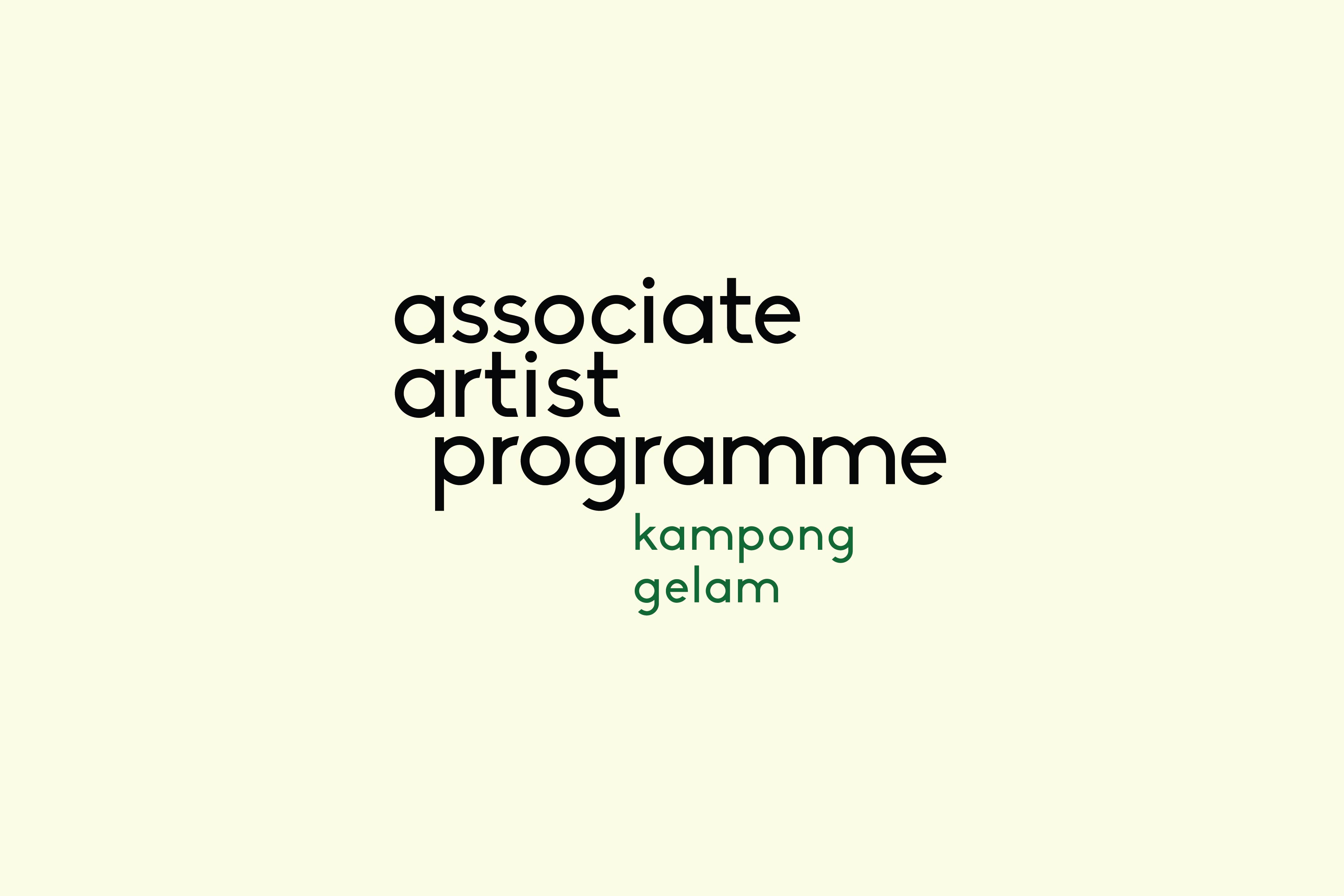

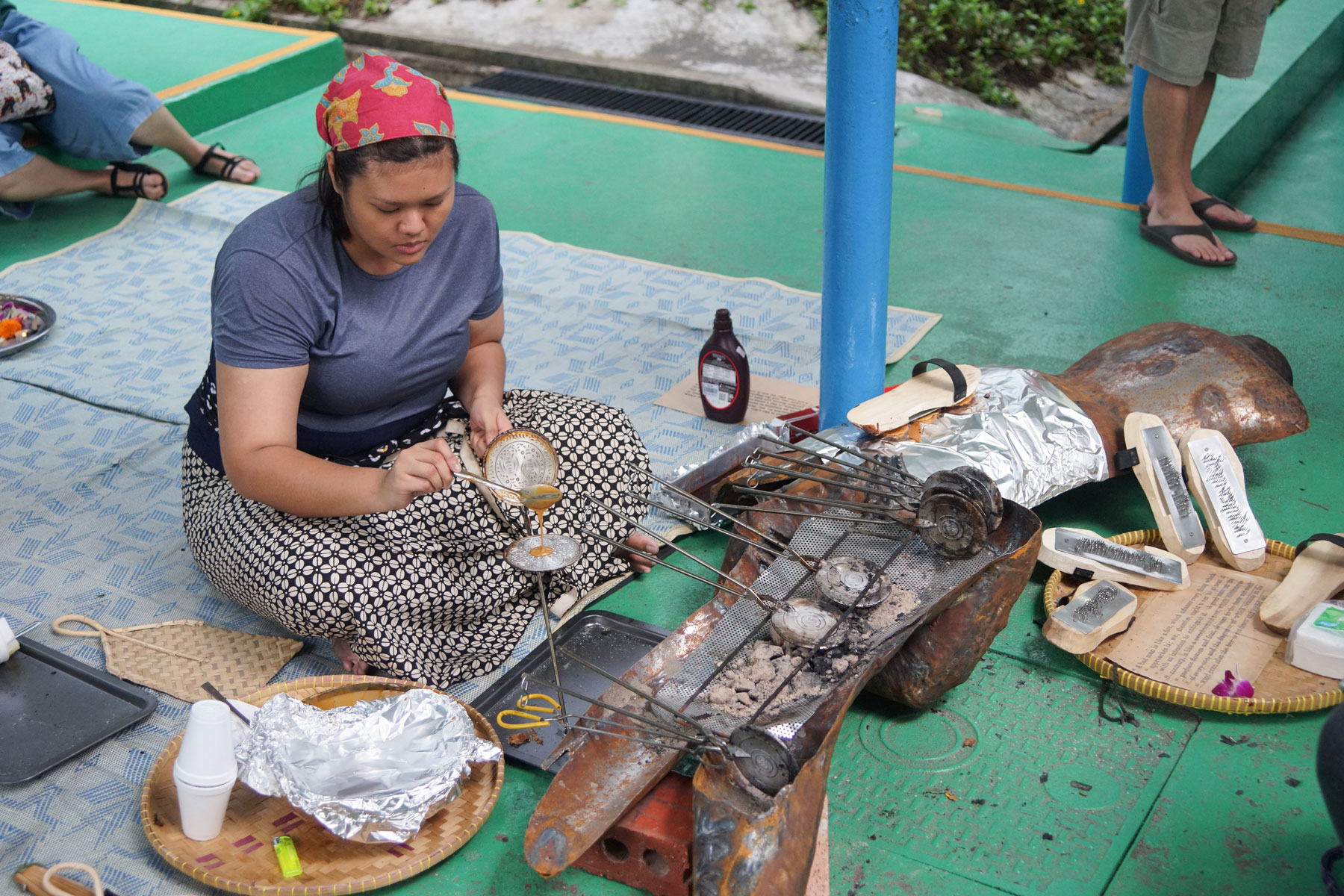

OH! Open House is Singapore's leading art institution that develops curatorial programmes on site-specificity centred around the neighbourhood - people, places, stories - as the unit of exhibition and representation.
A group of artists selected by our Advisory Committee will take part in our inaugural Associate Artist Programme (AAP) over a one-year period (1 Sep 2022 to 31 Aug 2023). The programme immerses artists within the next art walk neighbourhood, Kampong Gelam and connects artists to local communities, businesses and historical places.
This programme serves as an alternative model and offers neighbourhood immersion, curatorial support, peer-to-peer dialogues and engagements with communities. It does not expect any exhibitional outcome beyond a public-facing work-in-progress presentations or sharing sessions.
A group of artists selected by our Advisory Committee will take part in our inaugural Associate Artist Programme (AAP) over a one-year period (1 Sep 2022 to 31 Aug 2023). The programme immerses artists within the next art walk neighbourhood, Kampong Gelam and connects artists to local communities, businesses and historical places.
This programme serves as an alternative model and offers neighbourhood immersion, curatorial support, peer-to-peer dialogues and engagements with communities. It does not expect any exhibitional outcome beyond a public-facing work-in-progress presentations or sharing sessions.
Associate Artist Programme (2022/23 Cycle)
Artists

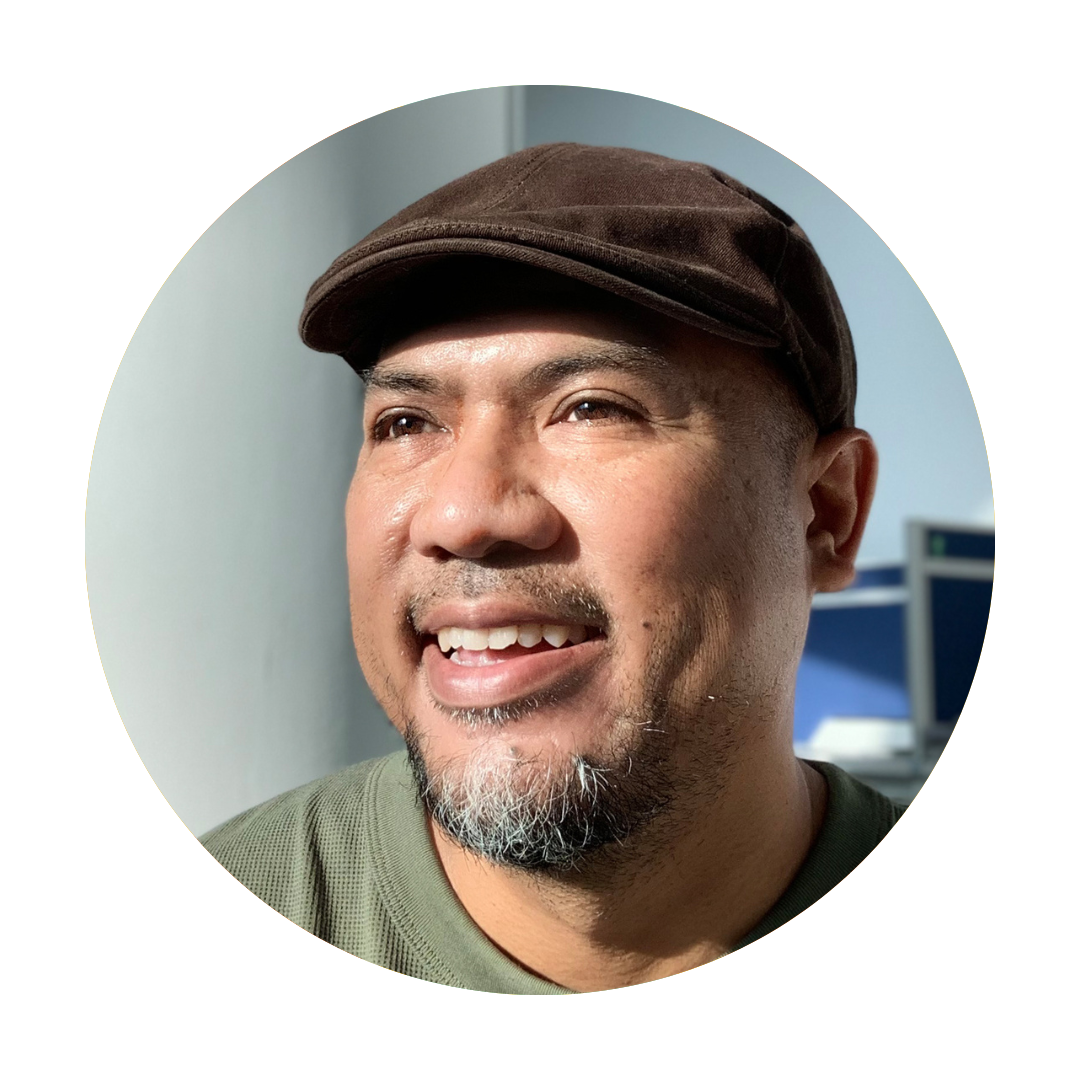
Erzan Adam (b.1976, Singapore)
Erzan Adam is an artist and arts educator at LASALLE College of the Arts (Fine Art). As an artist, he is interested in defining the self in the context of abstraction. He pursued his Bachelor's in Contemporary Art with the University of Tasmania and was admitted to the Dean's Roll of Excellence. He later went on to pursue a Master of Fine Art at LASALLE College of the Arts, conferred by The Open University. He is a recipient of the Philip Morris Art Award (2001/2002); the UOB Painting of the Year award (2001); and The Goh Chok Tong Youth Promise Award (2006).
—
He's interested in working with the invisible communities of Kampong Gelam and hopes that the research and conversations with the communities will guide him in shaping the projects he'd like to develop.




In his practice, Erzan Adam draws connections between art and various aspects of his cultural, spiritual, and human identity. Often, this means looking at the larger communities he belongs to and connecting to their shared histories and values.
To Erzan, Kampong Gelam is a social place to shop, eat, read, and pray. The Sultan Mosque serves as the neighbourhood’s spiritual and communal epicentre, drawing devout locals and curious tourists alike towards it. However, around the mosque lie pockets of invisible communities – the hidden poor. As a child, Erzan felt a sense of fear when he could not render help to such communities; as the neighbourhood developed and became more gentrified and fragmented, he became cynical and even desensitised. Yet, recognising his kinship to these communities and intent on reaching out to them, Erzan decided to engage them through conversations and quiet observation. Week after week, he saw how their lives reflected deeper social issues and needs – needs which the Mosque encourages the faithful to tend to with the Khutbah (Friday sermons). Relating to these underserved communities on a spiritual and communal level, Erzan began producing risalah (“message” in Arabic; pamphlets) to document their stories through illustrations and stories that conveyed Islamic teachings that were inspired by Malay oral storytelling and Sufi poetry. This practice also paid tribute to Kampong Gelam’s history as a publishing and intellectual hub, where knowledge was circulated via the print medium, and texts possessed social currency.
In the spirit of the Khutbah, Erzan released a story every Friday and eventually distributed the risalah outside the Sultan Mosque on a Friday. Believing that a small impact goes a long way, Erzan hoped to initiate a ‘ripple effect’ of social good with his pamphlets. Through his risalah and the gesture of distributing them, Erzan forged deeper connections within the community, integrating those who had been neglected for a long time.
Designers: FACTORY
